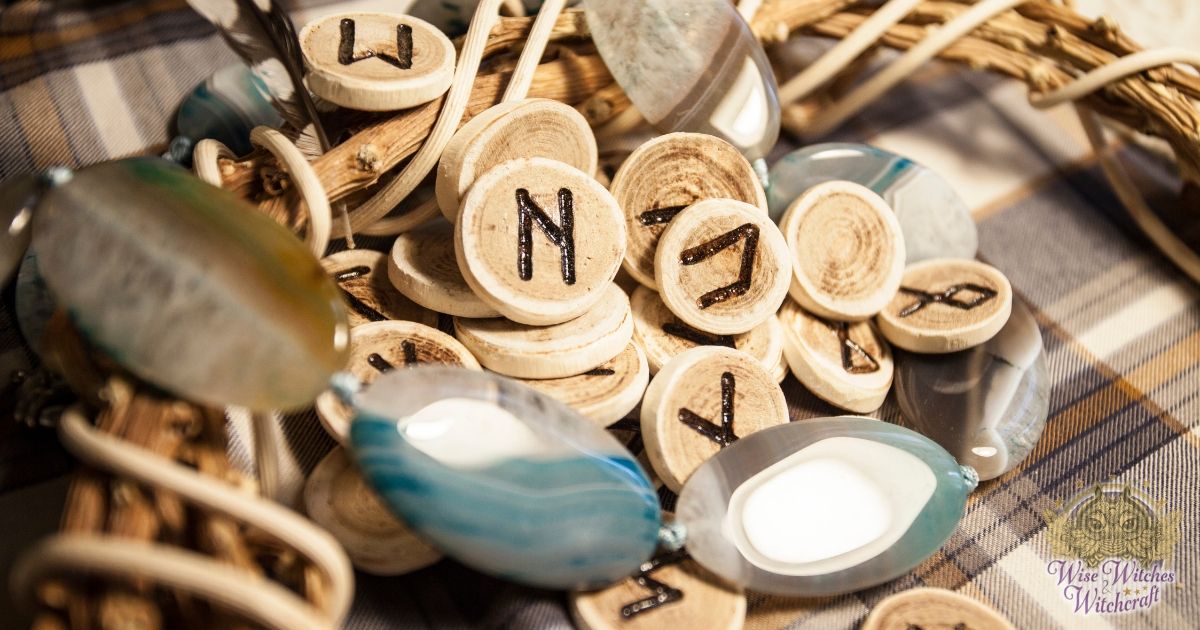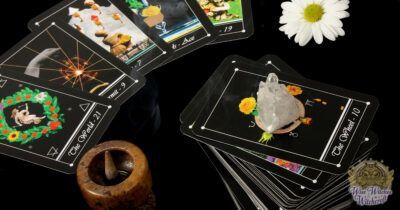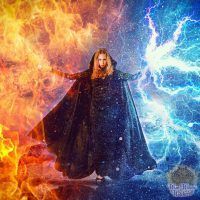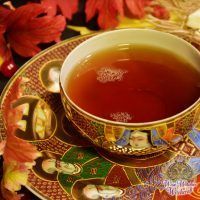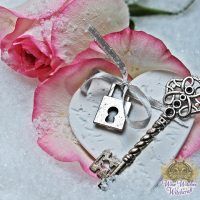Related Beliefs – Divination
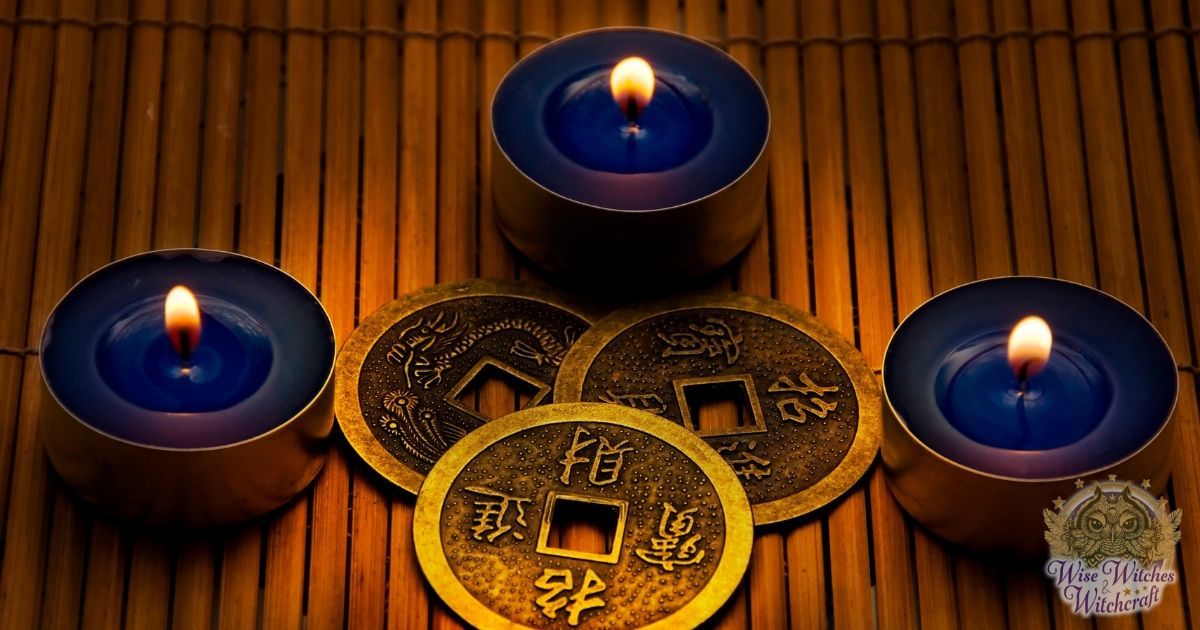
Divination is the ascertaining of information by the interpretation of omens or an alleged supernatural agency. It usually has a formal or ritual (and often a social) character, often in a religious context, as opposed to fortune-telling, which is a more everyday practice for personal purposes. It is often dismissed by skeptics, including the scientific community, as being mere superstition, and is considered a sin in most Christian denominations and in Judaism.
[wisew_rectangle align=”left”] Numerous methods of divination can be found around the world, and many cultures practice the same methods under different names, but the most common include:
- Astrology (in which knowledge of the apparent relative positions of celestial bodies is used to interpret and organize information about personality, human affairs and other terrestrial matters – see the Astrology for more details).
- Augury (the interpretation of the will of the gods by studying the flight of the birds).
- Bibliomancy or Stichomancy (the random picking of a page or passage from sacred or other books).
- Cartomancy (fortune-telling or divination by interpretation of a standard deck of cards).
- Chiromancy or Palmistry (the art of characterization and fortune-telling through the study of the lines and bumps of the palm of the hand).
- Chronomancy (the divination of the best time to do something and the determination of lucky and unlucky days, especially popular in ancient China).
- Cleromancy (a form of divination using sortition, such as drawing of coloured pebbles from a bag, the casting of lots, or casting of bones, in which an outcome is determined by means that normally would be considered random, but that are believed to reveal the will of God or other supernatural entities).
- Crystallomancy or Crystal-Gazing or Scrying or Gastromancy (fortune-telling, prediction of future events or character analysis by means of gazing at a crystal ball, or any shiny object or convex mirror, to induce a trance or visionary experience in the medium).
- Extispicy (the practice of using animal entrails, especially the liver, intestines, lungs and other major organs, to predict future events, usually using a ritually pure animal slaughtered in a special ceremony, particularly common in ancient Mesopotamian, Hittite, Canaanite and Roman temples).
- Feng Shui (an ancient Chinese system of aesthetics believed to utilize the laws of both heaven and earth to help improve one’s life by receiving positive Qi, traditionally used in choosing a place to live, finding a burial site and agricultural planning, as well as the more modern practice of arranging objects such as furniture to help people achieve their goals).
- Geomancy (a method of divination that interprets markings on the ground, or how handfuls of soil, dirt or sand land when tossed).
- Hydromancy (crystal gazing by means of water, including the interpretation of the colour, ebb and flow, or ripples produced by pebbles dropped in a pool).
- I Ching (a form of bibliomancy using the “I Ching” or “Book of Changes”, an ancient Chinese book structured as an 8×8 matrix of sixty-four hexagrams, and a highly complex system of interpretation rules to be applied to the text associated with the resulting random hexagram).
- Necromancy (a form of divination in which the practitioner seeks to summon, and obtain information from, the spirits or souls of the recently dead, or sometimes from demons, a practice widespread in Western antiquity and the Middle Ages as well as in some African traditions such as Vodun and in Santería).
- Numerology (a belief in a mystical or esoteric relationship between numbers and physical objects or living things, held by many different cultures throughout history, utilizing techniques such as digit-summing and letter values).
- Oneiromancy (a system of dream interpretation that uses dreams to predict the future, particularly common in Greek and Roman religion and literature).
- Onomancy (divination based on a subject’s given name, popular in the Late Middle Ages, usually following practices of Gematria, or the assigning of numerical value to letters of the alphabet).
- Ouija Board (the Spiritualist practice of answering questions from people at a séance using a flat board printed with letters, numbers and other symbols, and a movable indicator or pointer).
- Rhabdomancy (divination by means of a rod, wand, staff, stick or arrow, either to point to a recommended direction of travel or to dowse for underground minerals, metals, ores or water sources).
- Runecasting (prediction and divination by runes, or the characters of the ancient Germanic alphabet).
- Taromancy (a form of cartomancy using a deck of Tarot cards, comprising the 21 trump cards plus the Fool card which make up the Major Arcana cards, and the fifty-six pip cards and four face cards which make up the Minor Arcana, the divinatory meanings of the cards derived mostly from the Kabbalah of Jewish mysticism and from medieval Alchemy).
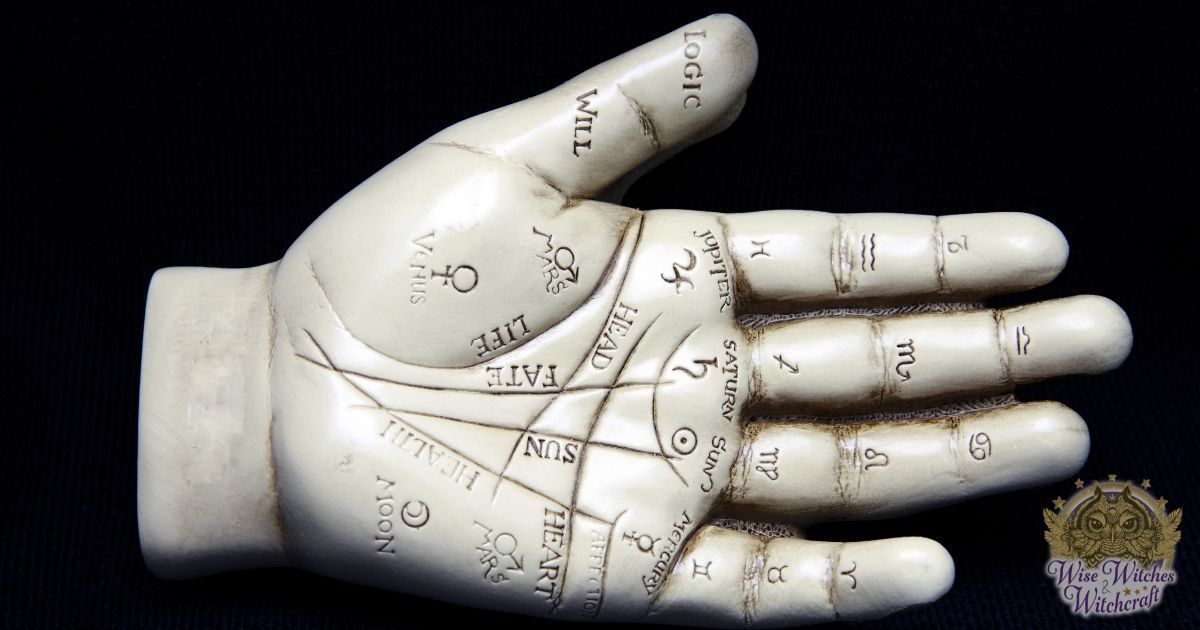
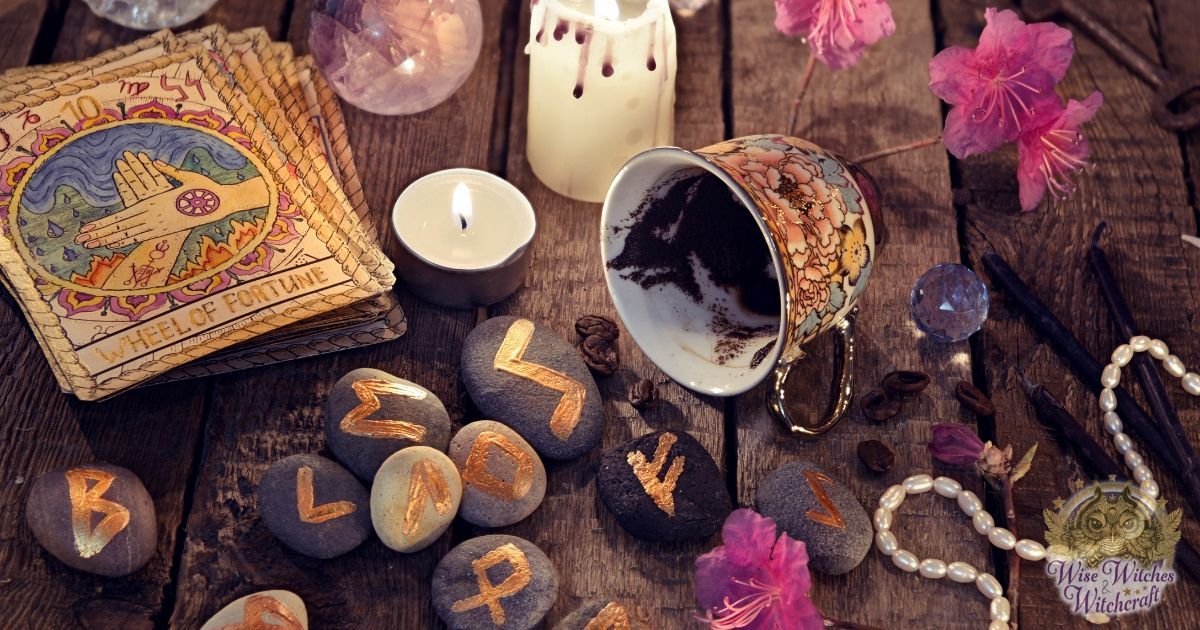
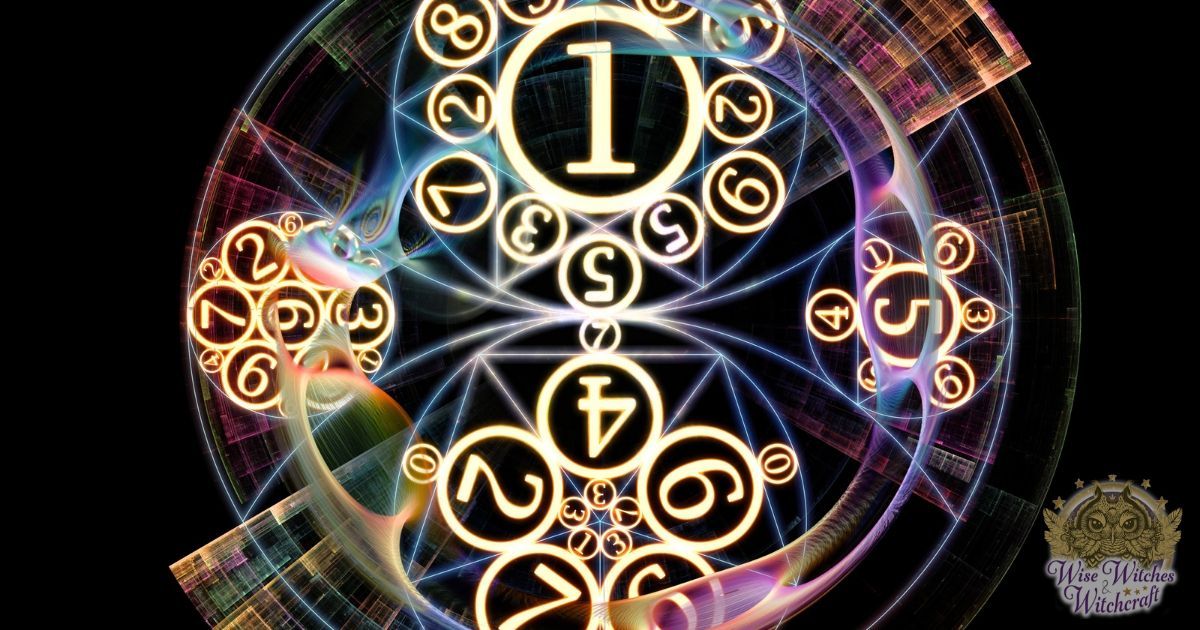
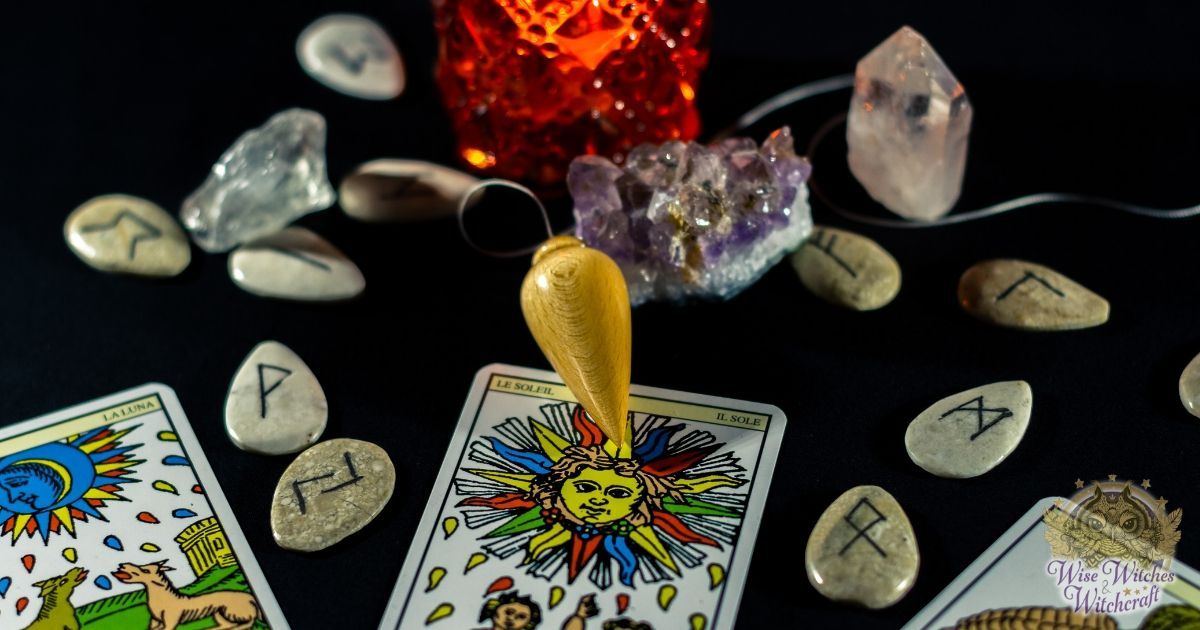
Pyromancy (the art of divination by means of fire, dating from early Chinese and Greek times, including the interpretation of smoke, burning plants or straw, the burning of salt, the heating and cracking of bones or turtle shells, etc).
